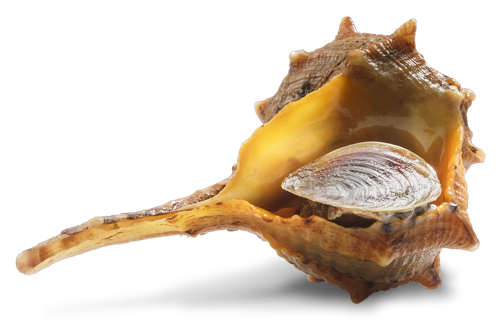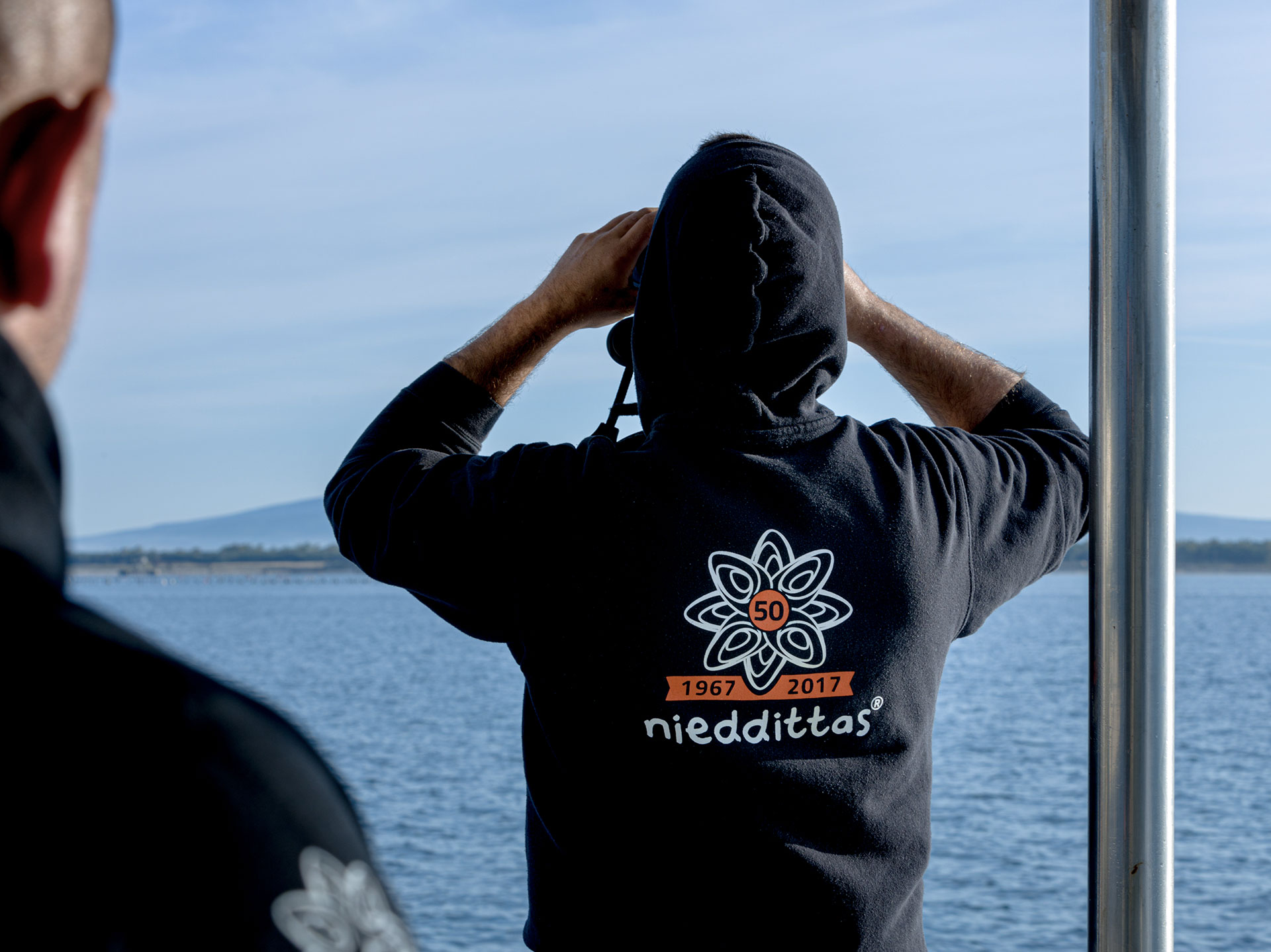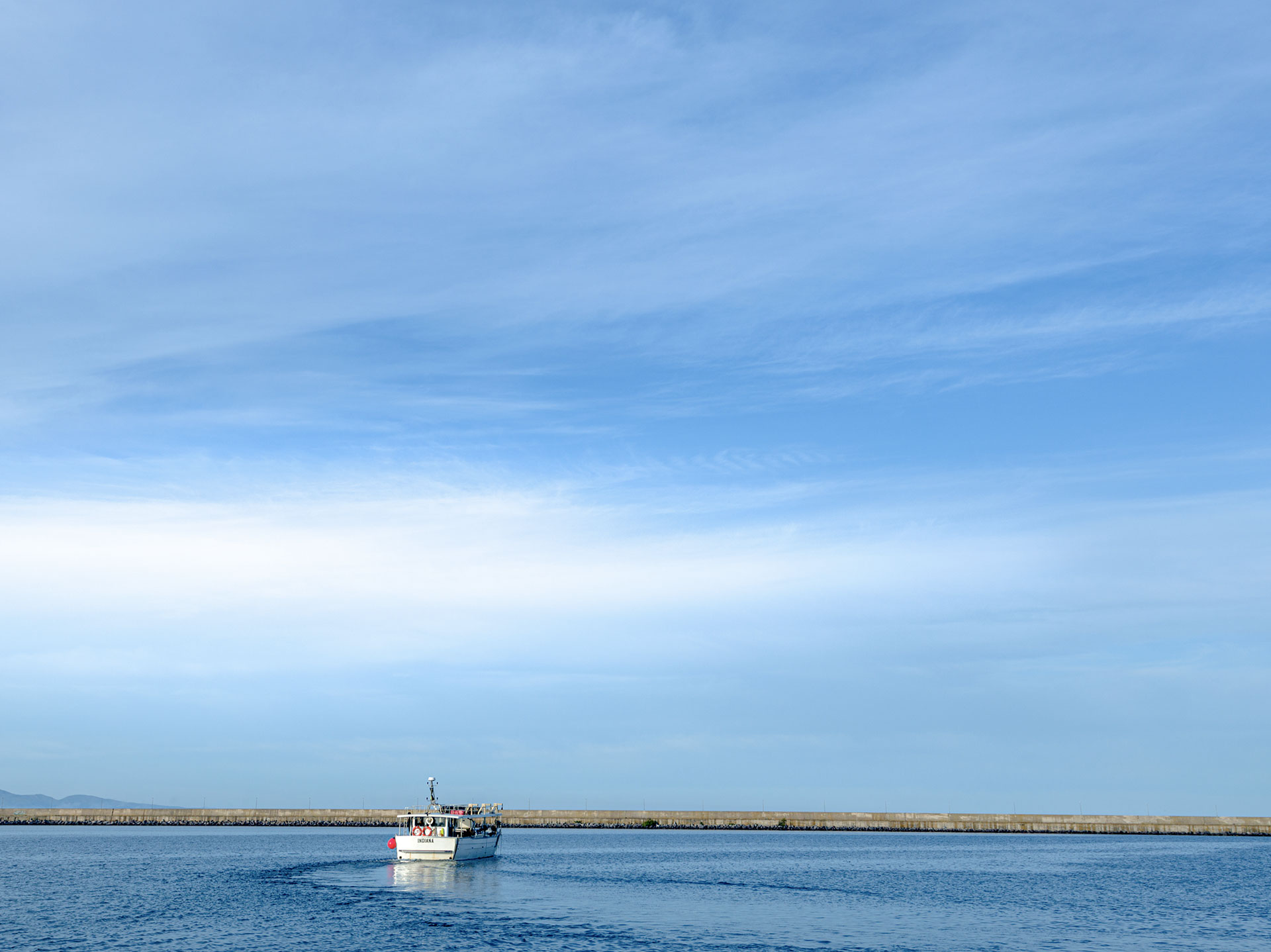Sea and sustainability

We love and respect the sea in which we were born and that gives us work. Our farms are located in the waters of the Gulf of Oristano, in a sea of extraordinary beauty that we protect and respect in every way. Our factories are located in the Corru Mannu fishing area in Arborea, a protected state-owned wetland, the protection and safeguarding of which is entrusted to our company and which is regarded as best practice precisely because of the excellent naturalistic management of the fishing area.
That's also why, for us at Nieddittas, the theme of environmental sustainability is not just a fashion but a deep feeling, which binds us to the nature with which we are so closely united. Respect for the sea and the environment was taught to us by our fathers, those fishermen who, over 50 years ago, came together for the first time to found our cooperative. And it remains one of the fundamental values of our community today. We consider it a duty to pass on to our children the same values and a sea and an environment that are, if possible, even cleaner than those we received as an inheritance.
MUSSELS, NATURE'S PURIFIERS.
In nature, mussels – and all filter-feeding molluscs – perform the very important function of enriching the marine ecosystem. Mussels are natural purifiers that purify water by retaining carbon dioxide to form their shells. Their valves are made of calcium carbonate, which the mussels produce by transforming the carbon dioxide in the water through a process known as carbonation.
The Kyoto Protocol has given an economic value to the carbon production of molluscs by quantifying it with Carbon Credits, recognising that the action of mussels can transform 1 tonne of carbon dioxide into 3 tonnes of shells. By eliminating carbon dioxide from water, mussels make the marine environment in which they are found even more liveable for other species, effectively reducing pollution.
The Kyoto Protocol has given an economic value to the carbon production of molluscs by quantifying it with Carbon Credits, recognising that the action of mussels can transform 1 tonne of carbon dioxide into 3 tonnes of shells. By eliminating carbon dioxide from water, mussels make the marine environment in which they are found even more liveable for other species, effectively reducing pollution.
A COMPLETELY NATURAL SYSTEM.
As we know, mussels live and grow by filtering sea water and retaining the micro-organisms they find there. They cannot be fed in any other way.
This means that, unlike other types of marine farms, in mussel nurseries there is no dispersal of feed, medication or other substances that are incompatible with the marine environment.
BREEDING MANAGEMENT: 6,000 CHECKS PER YEAR AND CONTINUAL CLEANING OF THE SEABED.
Managing a farm at sea is a complex activity that requires a lot of attention in order to minimise or negate any possible impact on the ecosystem.
The analysis and control system is one of our flagships. We carry out over 6,000 checks a year, which allows us to act promptly when anomalies are found.
We must never forget that the sea is a living environment, inhabited by billions of microorganisms that are transported by water and appear or disappear depending on the season, the climate, the rain or following particular natural events or human intervention. Continuous monitoring allows us to verify that the microorganisms present in our waters always fall within the health parameters of the sea itself and that our mussels, which filter the sea, are getting the perfect feed. In addition to food safety, continuous monitoring represents an added value even in the more general context of analysing and monitoring the health of our sea.
In breeding management, we also pay special attention to the recovery of fixed elements which, due to storm surges, can detach from the farm and settle on the seabed. Our quality procedures also include periodic checks and subsequent cleaning of the seabed under our nurseries, and more generally in the Gulf waters close to our farms. With these cleaning operations, Nieddittas minimises the impact of the nurseries on the Gulf environment.
THE CORRU MANNU ESTABLISHMENT: AN EXAMPLE FOR THE PROTECTION OF WETLANDS IN SARDINIA.
Our main production plant is located in Arborea, in the region of Corru Mannu, right by the Gulf of Oristano. The farm is located in a protected wetland and the entire fishing area has been entrusted to our company, which is responsible for protecting and safeguarding it. Nieddittas was chosen by the MED SEA FOUNDATION due to the quality and effectiveness of our protection activities and as an example of protection of wetlands, with the Sardinian Regional Fishing Concession that governs our activities.
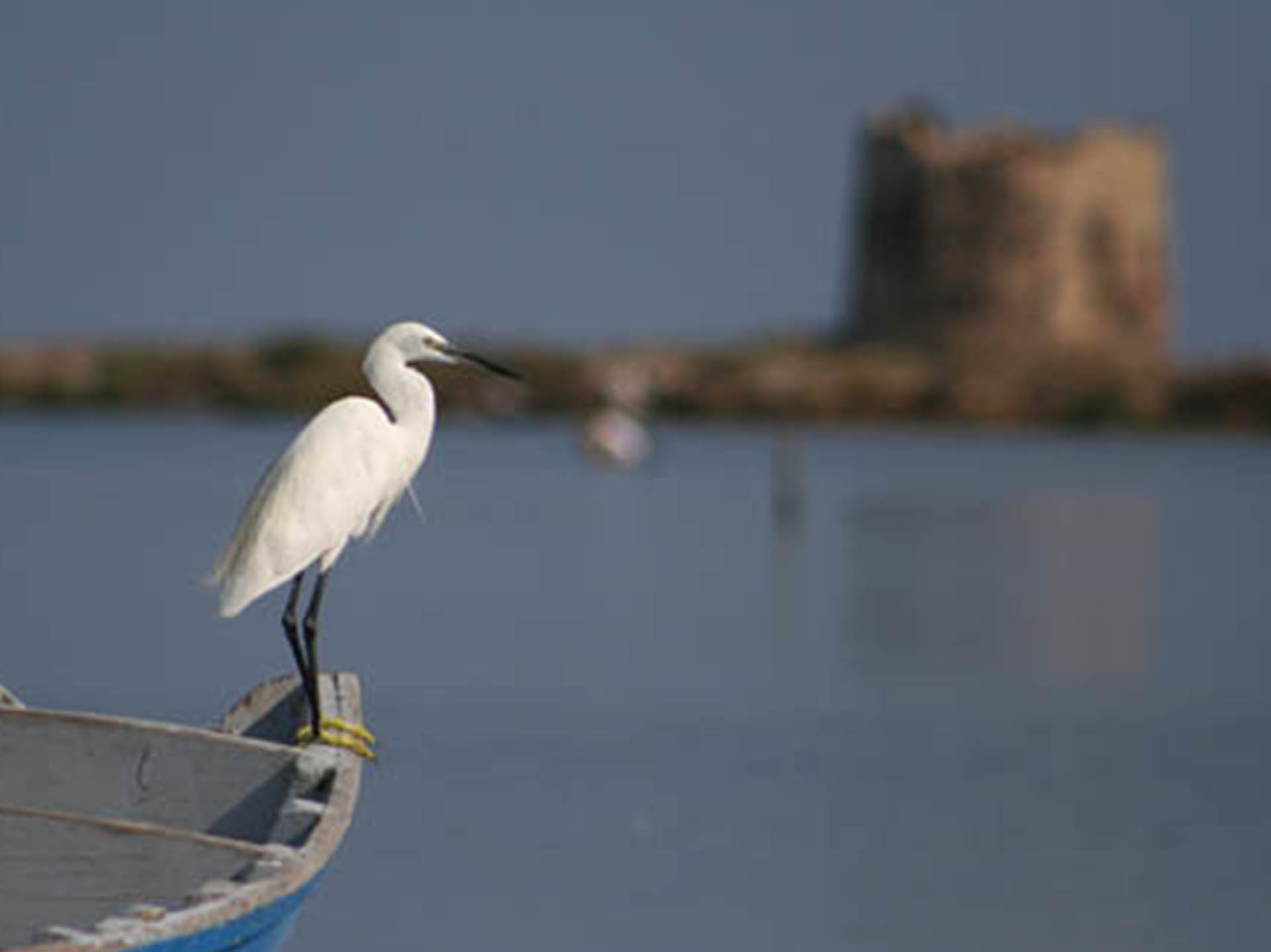
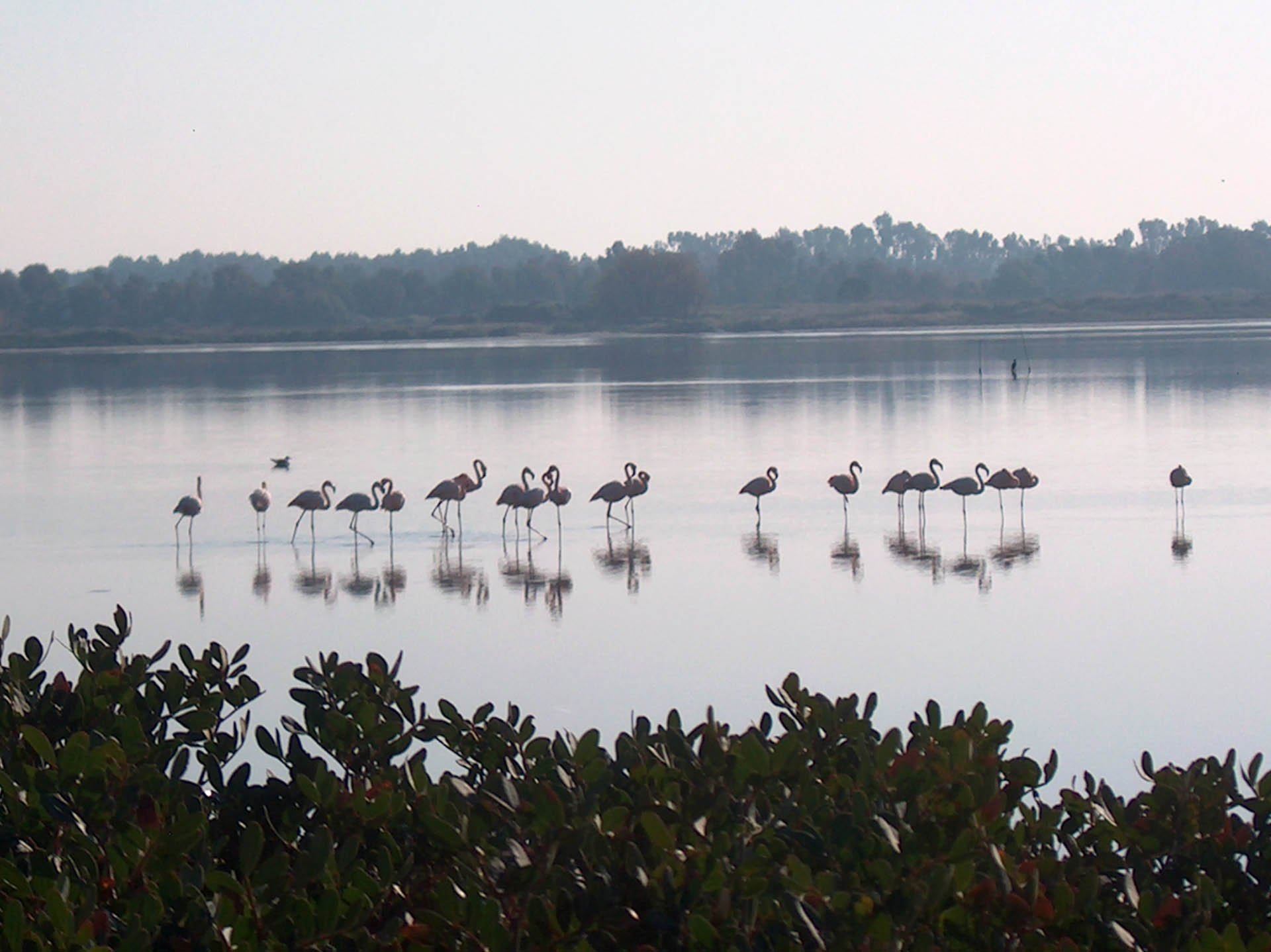
THE MED SEA FOUNDATION SITED NIEDDITTAS AS AN EXAMPLE OF BEST PRACTICE AND LAUNCHED NEW COOPERATION PROJECTS.
Summer 2018 saw Nieddittas' commitment to protecting the environment recognised with a truly important award from the MED SEA Foundation, one of the most prestigious international environmental protection organisations. Nieddittas was selected by the Med Sea Foundation as a model of best practice within the "Maristanis" cooperation project, financed by the important Swiss Mava foundation for nature. The project aims to implement innovative projects and research for the protection of the Oristano wetlands, with the objective of becoming examples of sustainable management for all Mediterranean wetlands.
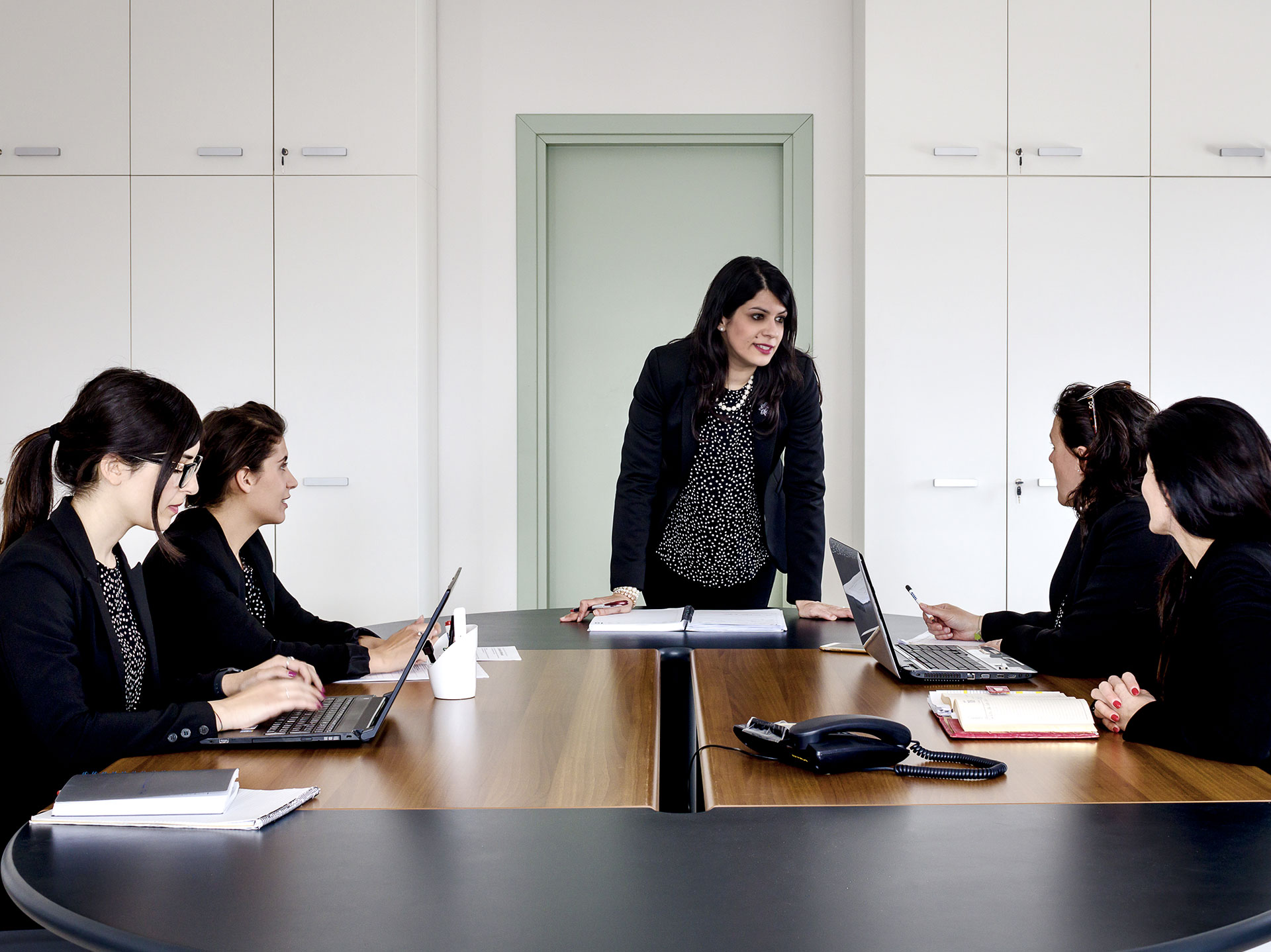
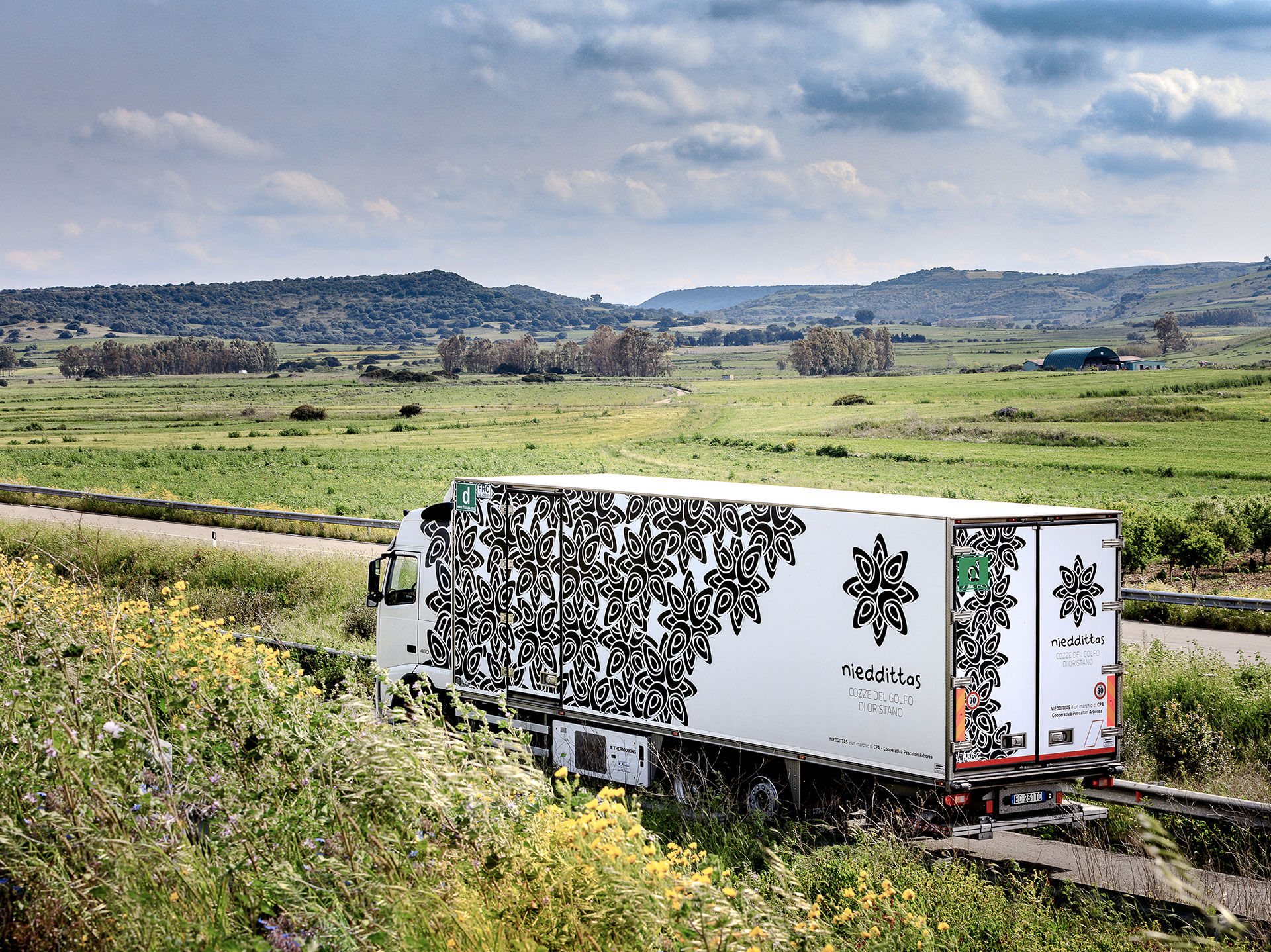
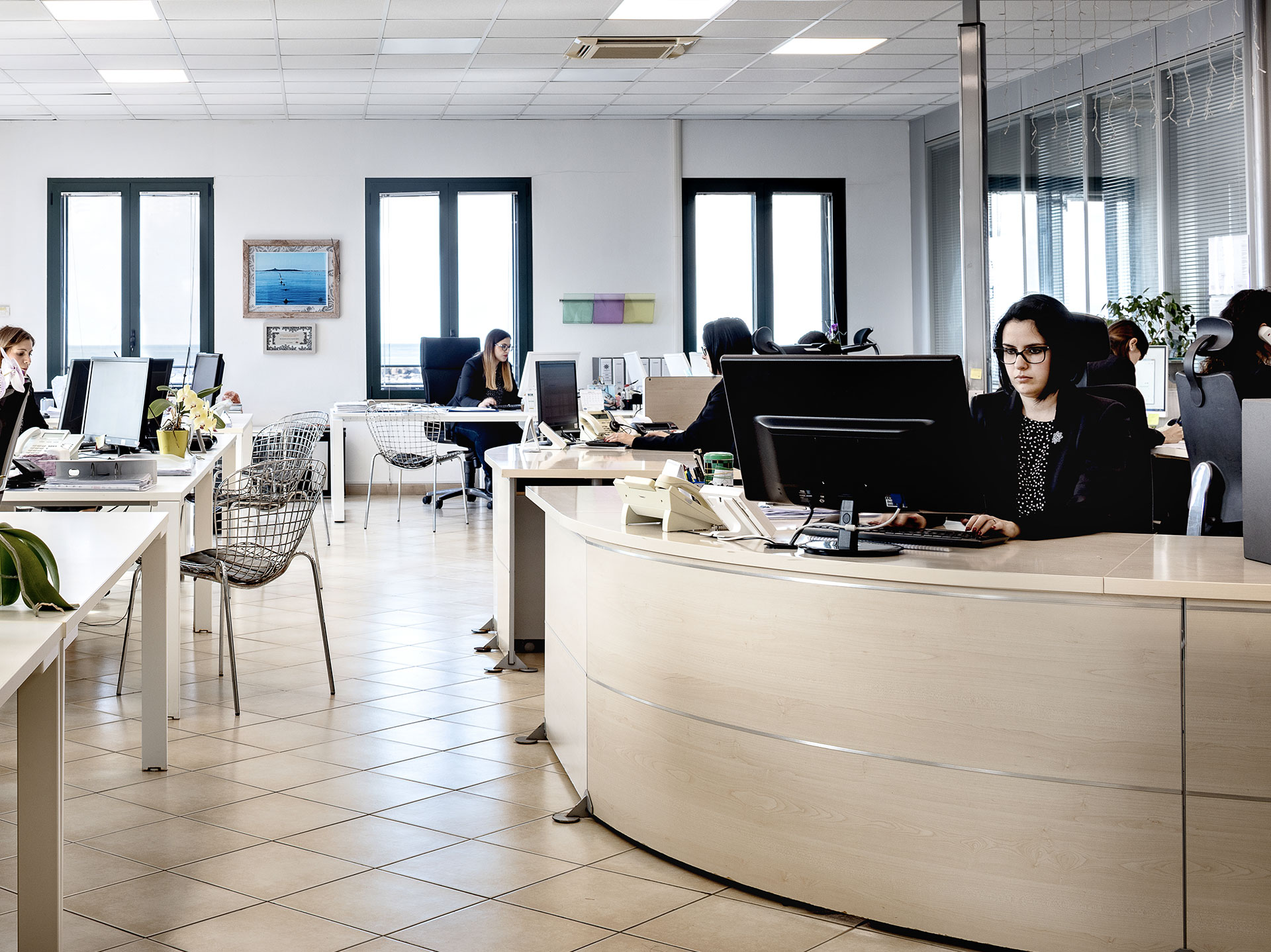
ENCLOSURE OF THE FISHING AREA ACCORDING TO NATURALISTIC PRINCIPLES AND CONTROLLED ACCESS.
The fishing area was enclosed in compliance with naturalistic regulations, with less intensive development of the dunes of the territory and with an ecological corridor at its base to allow small wildlife to pass through (hares, rodents, small animals in general). The enclosure and the presence of our productive activity in an area that is so important from a natural point of view does not prevent citizens from enjoying this precious environmental asset in the context of shared protocols and regulations. A collaboration was launched with LIPU (the Italian League for Bird Protection), for example, to support and coordinate bird-watching and territorial monitoring activities.
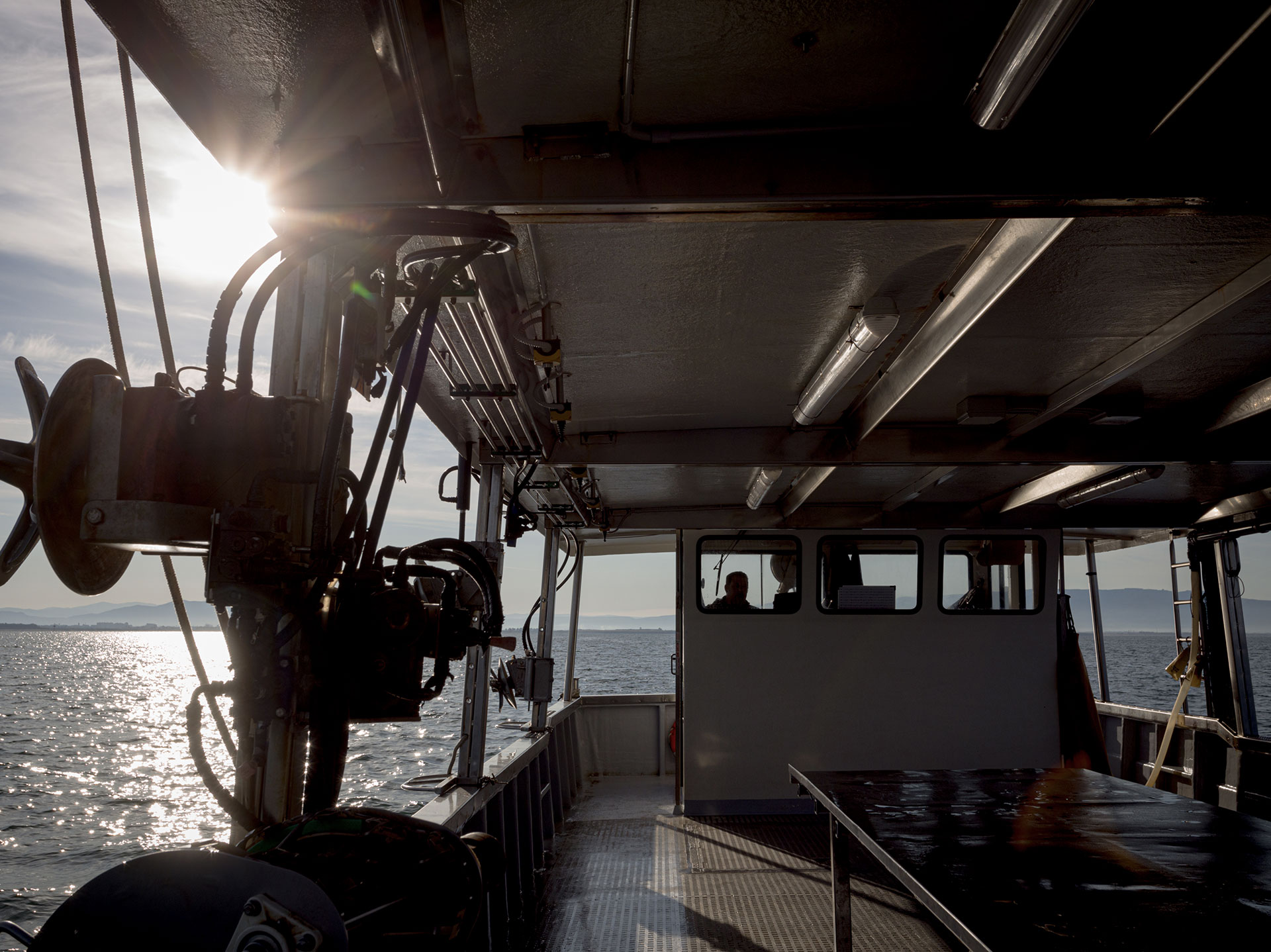
SHARE NIEDDITTAS
